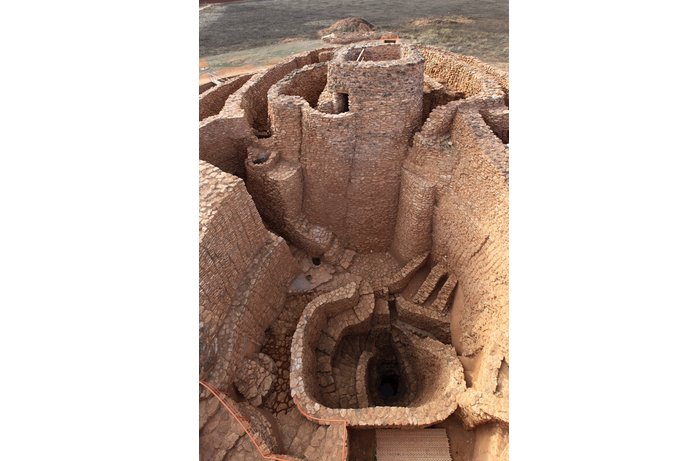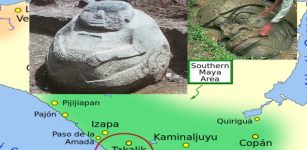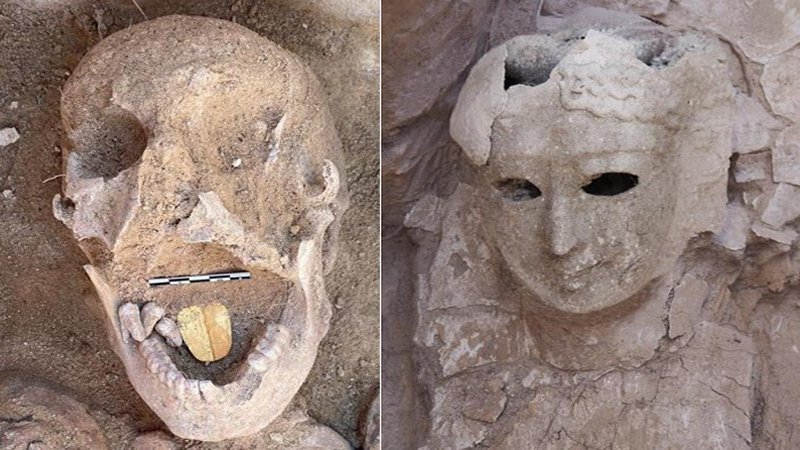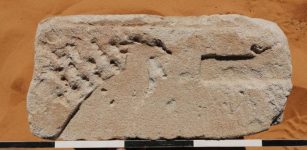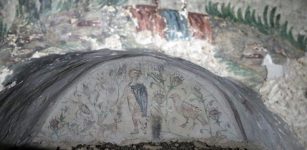Motilla del Azuer: Impressive And Unusual 3,200-Year-Old Fortress In The Iberian Peninsula
MessageToEagle.com – Motilla del Azuer is an impressive and unusual 3,200-year-old fortress in the Iberian Peninsula. Located in the central area of Spain called La Mancha, it was constructed during the Bronze Age and contains the oldest well found in the Iberian Peninsula.
The site of Motilla del Azuer can be found a few kilometers from the town of Daimiel (Ciudad Real), on the left bank of the Azuer River.
Archaeologists from Granada have been investigating the site since 1974 and gained valuable information about the people who lived in the region as well as the types of buildings they raised. “Motillas” represent one of the most peculiar types of prehistoric settlements in the Iberian Peninsula. They occupied the region of La Mancha in the Bronze Age between 2200 and 1500 BC, and they are artificial mounds, 4 to 10 m high, a result of the destruction of a stone fortification of central plan with several concentric walled lines.

Right: Hydraulic structure located inside the fortification Image credit: Antiquity, Department of Archaeology
Durham University
The ancient fortress Motilla del Azuer has a diameter of about 50 meters, and is composed of a tower, two walled enclosures and a large courtyard. The core of the fortress is composed of a tower of masonry of square plan, with 7 meters high east and west fronts and an interior accessible through ramps inlaid in narrow corridors, which confer a particular nature to the place. Access to the tower is by ramps located in narrow corridors.
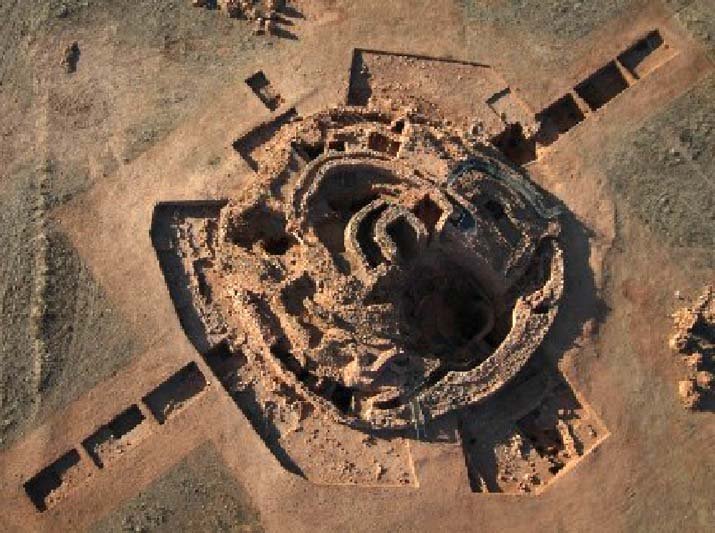
A small number of adults and children created their homes around the fortress and lived as community. The large amount of labour involved in the construction and maintenance of the impressive fortifications far exceeded the requirements of the social group that inhabited this type of settlements.
See also:
10 Ancient Fortresses Of Historical Importance
Los Millares – 5,000-Year-Old Advanced Copper City In Europe
United In Life And Death: Neolithic Megalithic Tomb In Spain – Examined
The walls protected water, collected through the well. The well has been used throughout the different occupation phases of the settlement. It was also important to store and process cereals on a large scale, to keep the livestock occasionally and to product pottery and other home-made products, whose remains have also been found.
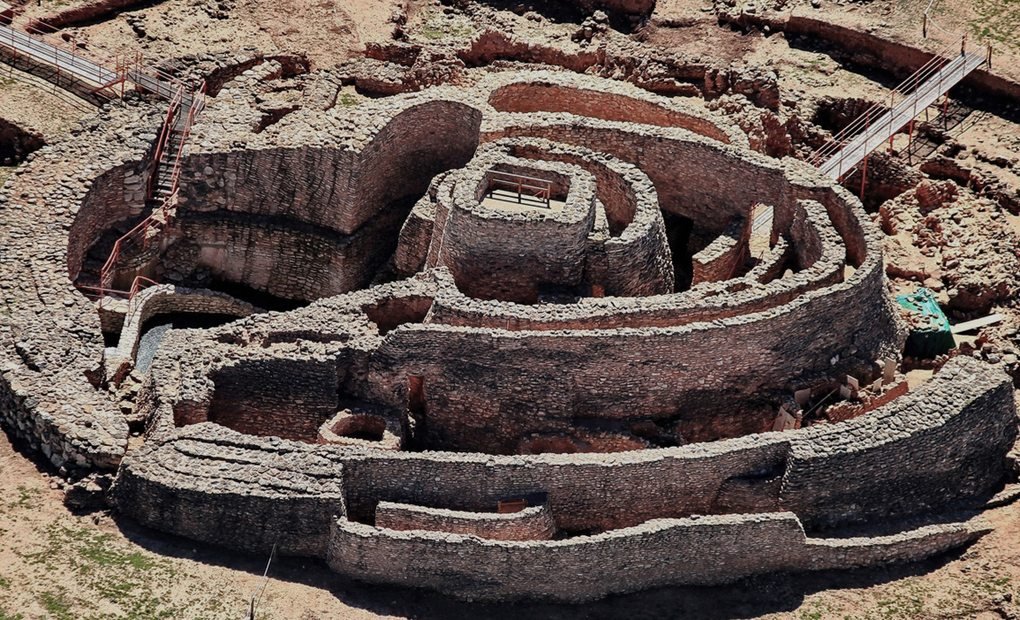
However, recent research shows that the “Motillas” were no burial mounds as it was previously thought. The funerary ritual usually involved individual inhumation in pits, occasionally covered with stonework or slabs. In some child burials the ritual makes use of pottery urns. The bodies always appear in a flexed position and the sepulchres are normally placed next to the dwelling walls or near the outer line of fortification.
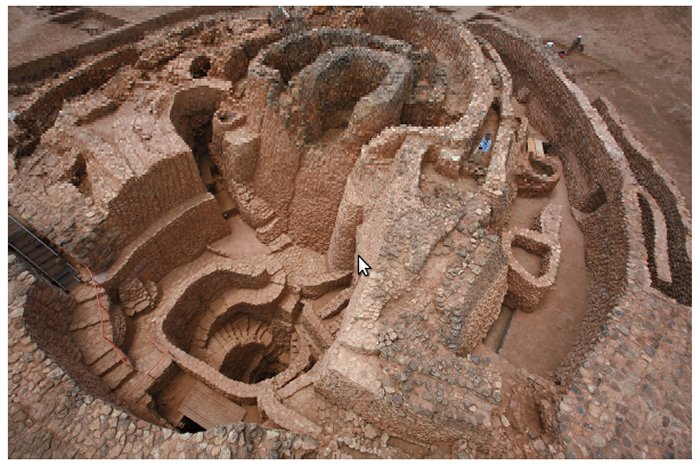
Grave goods are scarce and not very representative, although some adults have been found buried with pottery vessels and copper daggers or awls. Anthropological analyses inform us about the pathologies of this population, which were mostly infectious processes caused by nutritional stress and poor health conditions.
Copyright © MessageToEagle.com. All rights reserved. This material may not be published, broadcast, rewritten or redistributed in whole or part without the express written permission of MessageToEagle.com

